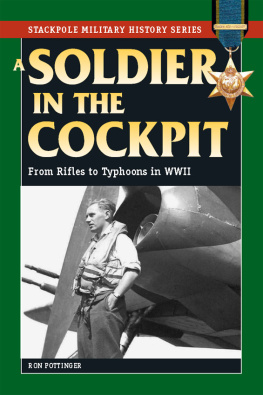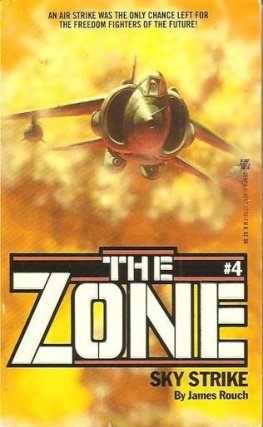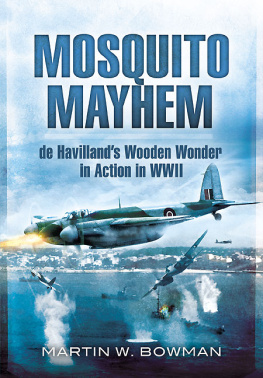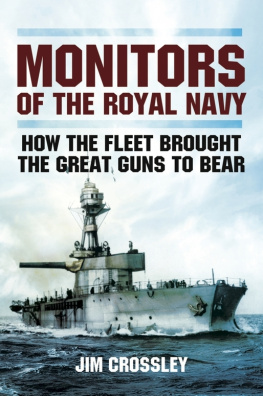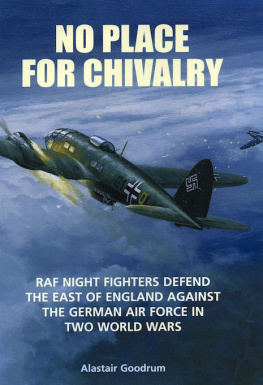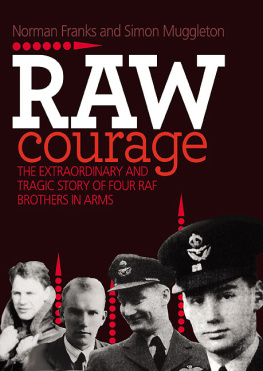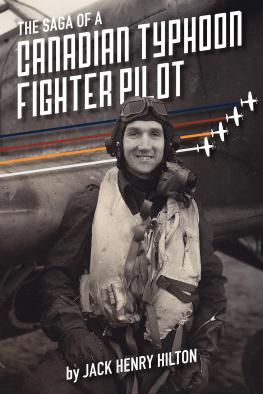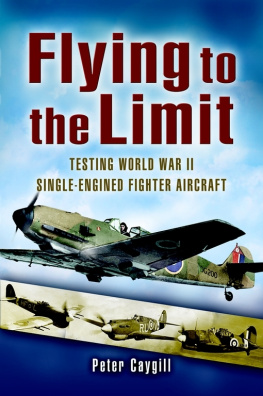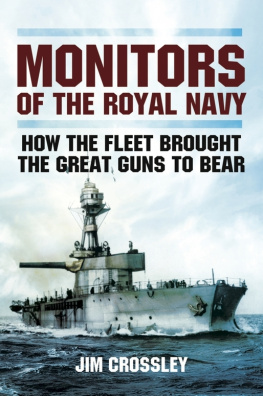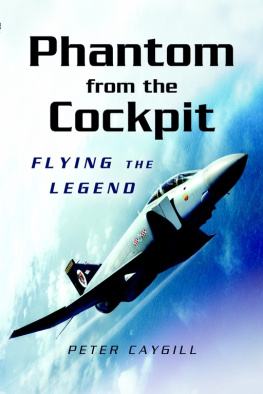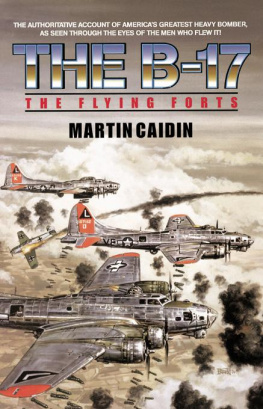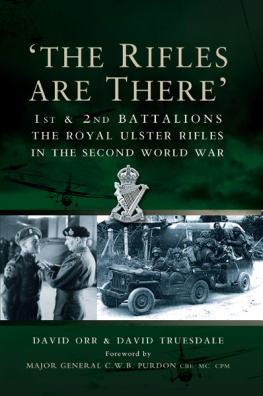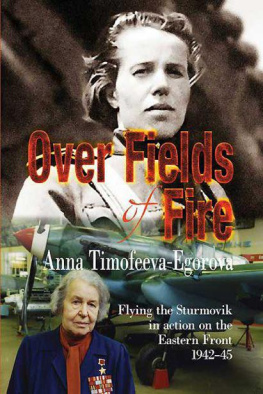CHAPTER 1
Army Days
T he years following the Great War were a difficult time for the western world. Being born in 1919, I remember events from the latter part of the 1920s and 1930s well: the General Strike, the Jarrow hunger march, and the Great Depression that lasted well into the 1930s. There was unemployment that reduced skilled men who had previously held secure jobs to selling buttons and boot laces out of a suitcase door to door.
However, across the Channel in mainland Europe, something far more sinister was brewing. Adolf Hitler was appointed Chancellor of Germany in 1933, and after a programme of open rearmament, he sent troops into the demilitarised Rhineland. In his bid to establish German rule over Europe, his first move was to annex Austria and Czechoslovakia, and it became obvious to the world that he wasnt going to stop there. Despite Chamberlains declaration of Peace in our time, I think we all, while not relishing it, slowly faced the fact that there was almost certainly going to be a showdown, and the odds were it would end in war.
My friends and I realised that being in our late teens, we would be directly in line, but at that age you tend not to believe that the worst can happen to you. Our elders, veterans and survivors of the 14 to 18 holocaust, told us horrific tales of blood and mud in the Flanders trenches, adding to the general air of apprehension. There was a generation of people out there with very vivid memories of the war to end all wars, and of the relief and gladness with which they had celebrated the armistice only twenty-one years before.
Because of the Depression, and a strong disarmament lobby, Britains defences had been run down to a pathetic level, and we were in no position to stop a Germany whose slogan, in contrast to Chamberlains, had for some years been Guns before butter! However, during the early part of 1939, someone in a position of power must have woken up, for conscription was announced. They called this new fighting force The Militia. I was just the right age, and was in the second batch to attend an interview and a medical examination.
This took place in a Territorial Army drill hall near Clapham Common. The medical was quite cursory, and the interview was, to say the least, a complete farce. I was seen by an elderly army officer who asked me which service I would like to apply for. I thought the Navy sounded interesting. Sorry, I was told, no vacancies there! Well then, how about the Air Force as second choice. Sorry, no vacancies there! I suppose it will have to be the Army then. Im not sure this went down too well. What branch? I was asked. I hadnt much idea about what any of the jobs in the forces comprised, and it certainly wasnt explained to me. However, the Royal Engineers sounded as if they might do something a bit more interesting than the P.B.I. (Poor Bloody Infantry), and thats how it was left.
It was not long afterwards that the showdown came over the annexing of Poland, and war was declared on 3rd September 1939. I had just returned from a cycling holiday on the Isle of Wight. I was boarding up a downstairs window at the back of our house in south west London, and all around were sounds of hammering and banging as others did the same. We stopped long enough to listen to Chamberlains declaration of war on the wireless, and then rather subdued I went back to my hammering.
Almost immediately the air raid sirens soundedan unearthly sound. There was clatter all around of tools being dropped, and then absolute dead silence. I dont know where everyone went to. We didnt yet have air raid shelters, and hiding under the bed wouldnt have helped much. As everyone now knows, nothing happened. It was a false alarm, or perhaps the authorities wanted to impress on everyone the gravity of the situation we were in.
Soon after, I arrived home one evening to find my call-up papers waiting for me. Not into the Navy, the Air Force, or even the Royal Engineers, but into the infantry. So much for the interview!
I was being drafted into the London Scottish, and my main concern was that I might be expected to wear hats and a kilt, which seemed ridiculous to me.
On 18 October 1939, I reported for duty at the New Horticultural Hall off Vincent Square in Victoria. Despite my protests my mother insisted on coming with me. I felt a proper fool as we approached the hall, and the situation wasnt improved by the two buxom women in aprons and mop caps standing on the corner opposite the entrance, one of whom I heard say to the other, Poor little buggers, hardly got the nappy marks off their bums yet!
I was duly parted from mum, and the various contingents were each gathered under an N.C.O. from the unit they were joining. Our brood mother was an immense Sergeant McLeod. He gave the impression of being at least seven feet tall and broad with it. When he marched up to the officers desk and halted, his knees came up to his chest and his big boots the size of packing cases crashed down one after the other, the sound reverberating throughout the building.
Eventually, we were all sorted out, and about a hundred of us were marched through the streets to Chelsea barracks where the 1st Battalion of The London Scottish was stationed. Not many of us had ever walked that far, much less marched. Keeping step was something we had yet to learn, and with a suit case clutched in one hand, banging the legs of both those in front and behind, it was a shambles.
At Chelsea barracks we were installed in a large room with beds all round the walls and a large table near the centre. The floor was bare boards, wax polished to a gloss you could see your face in. It almost dared you to walk on it.
Our first shock was the beds, which were constructed from iron, the bottom half sliding back under the top. The base of the bed was made from three-inch-wide interwoven iron strappings, and the mattress consisted of three biscuits, straw-filled canvas cases so old the straw had crumbled into dust.
The second shock came during the deepest part of a most uncomfortable, almost sleepless night when we were awoken by the most awful caterwauling below our window: reveille played on the bagpipes! To be roused at the ridiculous (to us) hour of six oclock by such an alien sound was an affront to the senses. We found that all the callscookhouse, lights out, fatigues, last post, and the restwere all played on the pipes.
That day, we were kitted outthank goodnessin battle dress and forage caps, not kilts. The London Scottish was a pretty snooty territorial unit, and we found out later that they were not pleased at having sassenach conscripts drafted onto them. We didnt even have cap badges.
We were vaccinated, inoculated, and initiated into foot drill. We were shown a guards barrack room and were told that this was how ours had better look in the future. The place was spotless. Not a speck of dust anywhere. All the bed biscuits were piled one on top of another on each bed and the blankets folded on top, square to within a fraction of an inch. The floor was polished boards with not a smudge or smear anywhere. Their rifles were laid out in a semicircle on the table. Cleaned and glistening with a smear of oil. The bolts laid out in a separate semicircle above them, all again positioned as accurately as if they had all been measured out with a rule. It was certainly going to take some practice to match this.
We also watched the Scots Guards doing foot drill as a block of about twelve men by twelve men marched to and fro across the parade ground, led by a sergeant major who hardly moved from one spot. Le tur, ri tur, harbow tur. They hardly took three paces in any one direction before the next command. Their response to each command was perfect; the lines always kept perfectly straight in each direction. It was an impressive sight.

